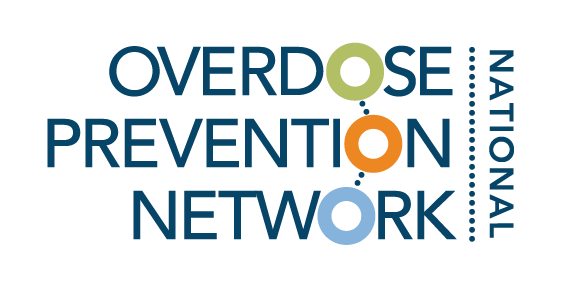
Resource Library
Toolkits, guides, and other resources vetted by experts in overdose prevention.
Filter by category and tags, or search by keyword (ex. COVID-19, harm reduction).
Center for Collaborative Planning
CCP creates a welcoming, safe space for community members and organizational leaders to hold meaningful conversations, learn together, and take collective action to improve health and equity in California and beyond. We facilitate community change through convening, coalition building, training, and leadership development. By engaging people and communities who often are left out of decision-making, we catalyze innovative solutions and elevate what works.
Mental Health First Aid
Mental Health First Aid is a skills-based training course that teaches participants about mental health and substance-use issues. Learn more about it here.
988: Reimagining Crisis Response
In 2020, the nation took a significant step forward with the enactment of the National Suicide Hotline Designation Act, a bill NAMI advocated for that created a nationwide three-digit number (988) to assist people experiencing a mental health or suicidal crisis. This fact sheet delves deeper into the purpose of the 988 line, and what it hopes to achieve.
988 Suicide & Crisis Lifeline
The new 988 mental health hotline is a way of providing 24/7, free and confidential support to people in suicidal crisis or emotional distress. This fact sheet from SAMHSA answers some FAQs relating to the implementation and sustainability of the 988 line.
Why Partner with Behavioral Health?
Trauma expert Brooke Briggance describes the strong relationship between behavioral health and overdose prevention, encouraging us to integrate services to combat substance use disorder.
Cypress Resilience Project
The purpose of this project is to support the inherent resilience of individuals and communities who are managing trauma, experiencing grief and navigating mental health challenges. This webpage offers resources and trainings on how to achieve this goal and implement these strategies into your own organization.
988 Suicide and Crisis Lifeline
The resources and information on this page are designed to help states, territories, tribes, mental health and substance use disorder professionals, and others looking for information on understanding the background, history, funding opportunities, and implementation resources for strengthening suicide prevention and mental health crisis services.
Integrated Care & Addiction Treatment
Vanessa Jacobsohn describes the success of her clinic, where they have integrated primary care with addiction treatment, leading to better outcomes and reduced stigma for those with substance use disorder.
Example from the Field: How a Rural County Implemented Harm Reduction Strategies
This video shows an example of a rural coalition that successfully implemented harm reduction strategies.
Treating opioids in jails & prisons: Avoiding Overdose
This video describes the success of integrating strategic partnerships and prevention services into prison systems.
Why partner with behavioral health?
Brooke Briggance covers why it is critical for people working in substance use to partner with those in the mental and behavioral health fields.
Establishing Peer Support Services for Overdose Response: A Toolkit for Health Departments
This toolkit is for local and state health departments and community partners who are exploring opportunities to implement or enhance peer support services within overdose response and linkage to care initiatives.
What are the benefits of partnership in treating Opioid Use Disorder?
Opioid addiction expert Dr. David Kan discusses the importance of building strategic partnerships when creating effective overdose prevention strategies.
Strategic Planning Benefits for Opioid Safety Coalitions
This toolkit addresses how your coalition could improve in tackling the overdose crisis, and how strategic planning would strengthen these areas of need.
Opioid Safety Strategic Planning: A Toolkit Designed for Community Coalitions
This toolkit provides a guideline to address the opioid epidemic on a community-based level.
Harm Reduction's Road from Fringe to Federal Drug Policy
The Biden administration is embracing harm reduction, which seeks to keep drug users safe even as they continue using. In this episode, Tradeoffs explores how harm reduction has become more mainstream and what kind of impact we can expect it to have on the overdose crisis.
National Survey Trends in Telehealth Use in 2021: Disparities in Utilization and Audio vs. Video Services
HHS has released a report detailing trends of telehealth use in 2021, and how to make telehealth more accessible and equitable in the future.
Congressional Hearings Focused on Mental Health and Substance Use Crises
In these videos, Congress was engaged in discussions on the impact of COVID-19 on mental health and substance use and the need for Mental Health First Aid, among other important topics.
Sample Criteria for Selecting an Initiative
This worksheet provides important questions to reflect on when deciding which initiatives your coalition should focus on in terms of feasibility and success.
Membership Survey Template
This membership survey helps identify the strengths and weaknesses of your coalition. It draws attention to areas for improvement and provides important data for future changes to your coalition




















